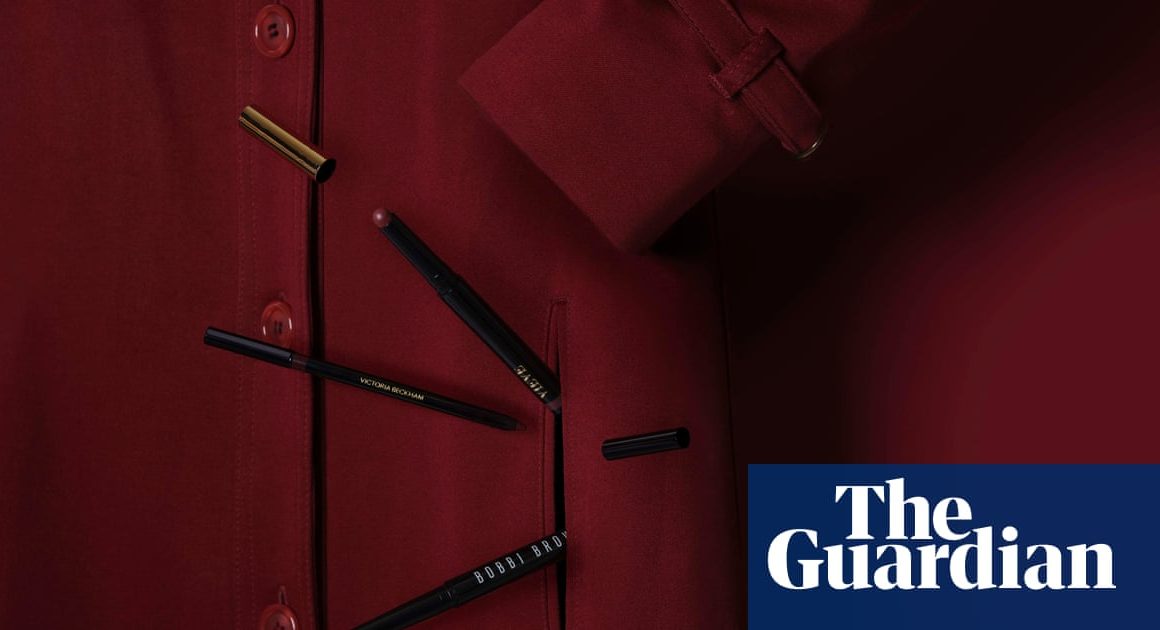What does someone who gets Botox look like? Taut, rich, fake, “done”? Anyone who pigeonholes such people is at least a decade behind the times and unaware of how toxin injections may be helping their friends, colleagues and neighbours with a number of non-beauty-related complaints, from excessive sweating to teeth grinding.
I suffer from neither, but Dr Joanna Christou of the Cosmetic Skin Clinic in London treats these and many other complaints in the same way she softens my frown lines.
The former NHS dental surgeon has seen huge year-on-year increases in medical Botox patients, which she attributes to the impact on patients’ quality of life as well as to the greater perceived social acceptability of non-beauty injectables.
Hyperhidrosis causes constantly wet armpits, back, face and palms, but toxin injections into the affected areas can help hugely – for between six and nine months at a time, for about £500. (NHS treatment is frequently available, so check with your GP.)
My cosmetic-doctor friends tell me hyperhidrosis cases can make up almost half of their appointments in the run-up to summer, with the gender split leaning slightly towards males. Risks are very low, but pain is variable: Christou says injections into the palms are unpleasant. But for those whose problem is so severe that work, relationships and social interactions are negatively affected, temporary soreness can be a price worth paying.
Toxin injections are now used routinely for serial teeth grinders who have failed to manage the condition via physio and mouthguards. The latter can regularly be ground right through at unsustainable expense.
A toxin injection around the overactive grinding muscles can relieve clenching and muscle tension, prevent further damage to teeth and stop related headaches (as they did with a friend’s adult daughter last year). According to Christou, there’s also an aesthetic benefit: it prevents the overworked muscles from bulking up, which thickens the jaw and makes the face appear bottom-heavy.
Cosmetic effect or not, she believes that medical Botox, whether for serious conditions such as Bell’s palsy or simple jaw clenching, should always be that – administered by a UK-licensed doctor, and one who is expert in complicated head and neck anatomy. A dentist or GP will usually be able to refer patients to a medical Botox practitioner locally.
after newsletter promotion
Prop stylist: Yvonne Achato. Photography assistant: Declan Slattery










